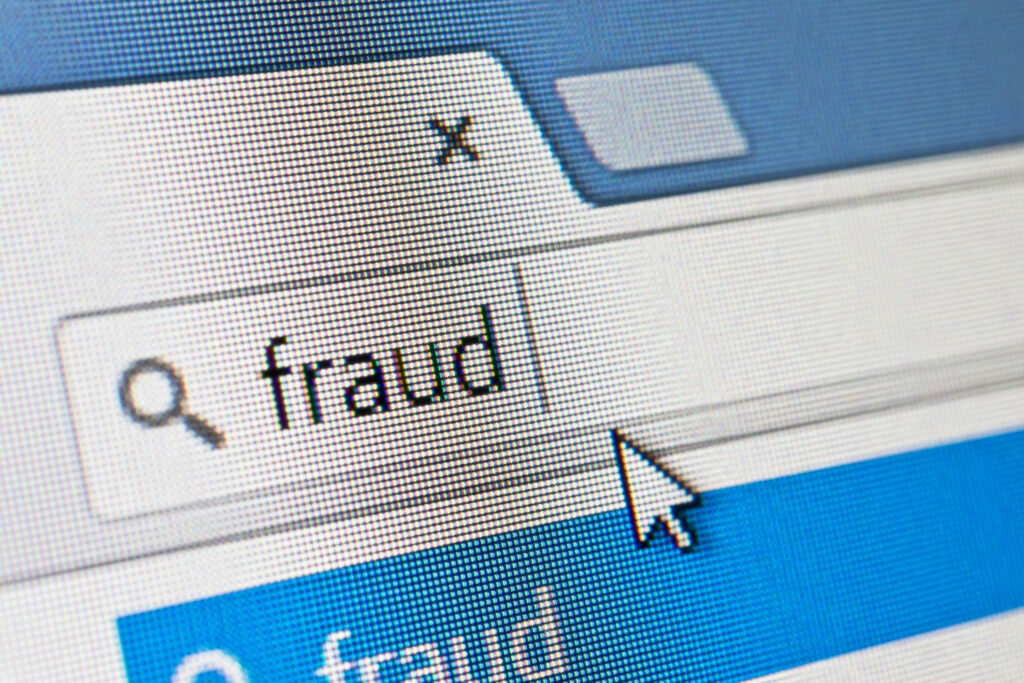Have You Had Your Fraud Checkup?
- Contributor
- J.P. Tujague
Feb 5, 2024
Victims of fraud often wonder why their auditors didn't flag the deception. "We got a clean opinion!" they might protest. "Why didn't they catch this during our annual audit*?"
According to the Association of Certified Fraud Examiners, annual financial statement audits* detect just 4% of all frauds. This does not mean that your annual audit is not worthwhile. It does serve a valuable purpose, just a different purpose than you might have considered.
The objective of an annual financial statement audit is to assure lenders, investors, or the public that the balances reported on the financial statements are materially correct. Audits do not verify 100% of the balances and transactions within the financial statements. They focus on material balances, and generally they look at a sample of transactions.
Which Forensic Service Do You Need?
To assess, detect, or deter fraud, your business needs a forensic service designed for that purpose.
- Fraud investigations are conducted to identify and quantify employee misappropriation, corruption, or financial statement fraud — or some combination of the above. As compared with annual audits, fraud investigations typically look at more transactions, as well as influencing factors on those transactions. They can also include extensive interviews and examinations of physical evidence, and they may involve specialized analysis of computers and other electronic evidence. The investigator follows the facts wherever they may lead to uncover the who, what, when, and how much. Fraud investigations require predication, which is the totality of circumstances that would lead a reasonable, professionally trained, and prudent individual to believe that a fraud has occurred, is occurring, or will occur. In other words, a fraud investigation is conducted to find and fight the fire when an organization sees smoke.
- Forensic examinations are conducted proactively, before you actually see any smoke. For example, you might undertake a limited forensic examination of high-risk areas such as credit card transactions. Or, if you’re pursuing a merger or acquisition, you can commission a forensic examination of the other entity as part of due diligence proceedings. Doing so can uncover things that wouldn’t be discovered in a financial statement audit, like inflated projections, collusion with vendors or business partners, and questionable business practices. A forensic examination may uncover small-scale fraud by identifying patterns that would be considered immaterial to a financial statement auditor.
- A fraud risk assessment typically focuses on one or two months when there is a lot of activity. The fraud assessor dives deep into that sample of transactions to identify fraud indicators and weaknesses in internal controls.
Being Proactive Is the Key to Health
Look at it this way: Your annual financial statement audit, and to some degree a forensic examination, is like getting a medical checkup required by a life insurance policy. A fraud investigation is like getting a specific medical test, such as a CT scan, to diagnose the underlying cause of issues or identify anomalies. A fraud risk assessment is like going to your primary doctor regularly for a physical or a wellness check.
With your health, you want to be proactive. You don’t want to wait for symptoms of poor health before seeing your doctor. Take a similar approach to your organization’s fraud health. Most people would rather discover a fraud proactively than be embarrassed when it blows up in a public way.
Your Provider Matters
If you need neurosurgery, you want the best neurosurgeon and not the best podiatrist, right? Usually, a firm or individual that primarily focuses on taxes or audits will not have the experience, knowledge, or resources to complete forensic services properly.
Look for a firm with a Certified Fraud Examiner (CFE) or a Certified in Financial Forensics (CFF) credential and recent experience with the issue that your organization is facing. Fraud examiners are acutely aware of the potential threats that can wreak havoc on different businesses. More importantly, they are familiar with warning signs and can position you to act quickly to prevent further damage.
Whether you suspect fraud in your organization or seek a proactive assessment of internal controls, reach out to your CRI advisor to get started.































































































































































































































































































































































































































































